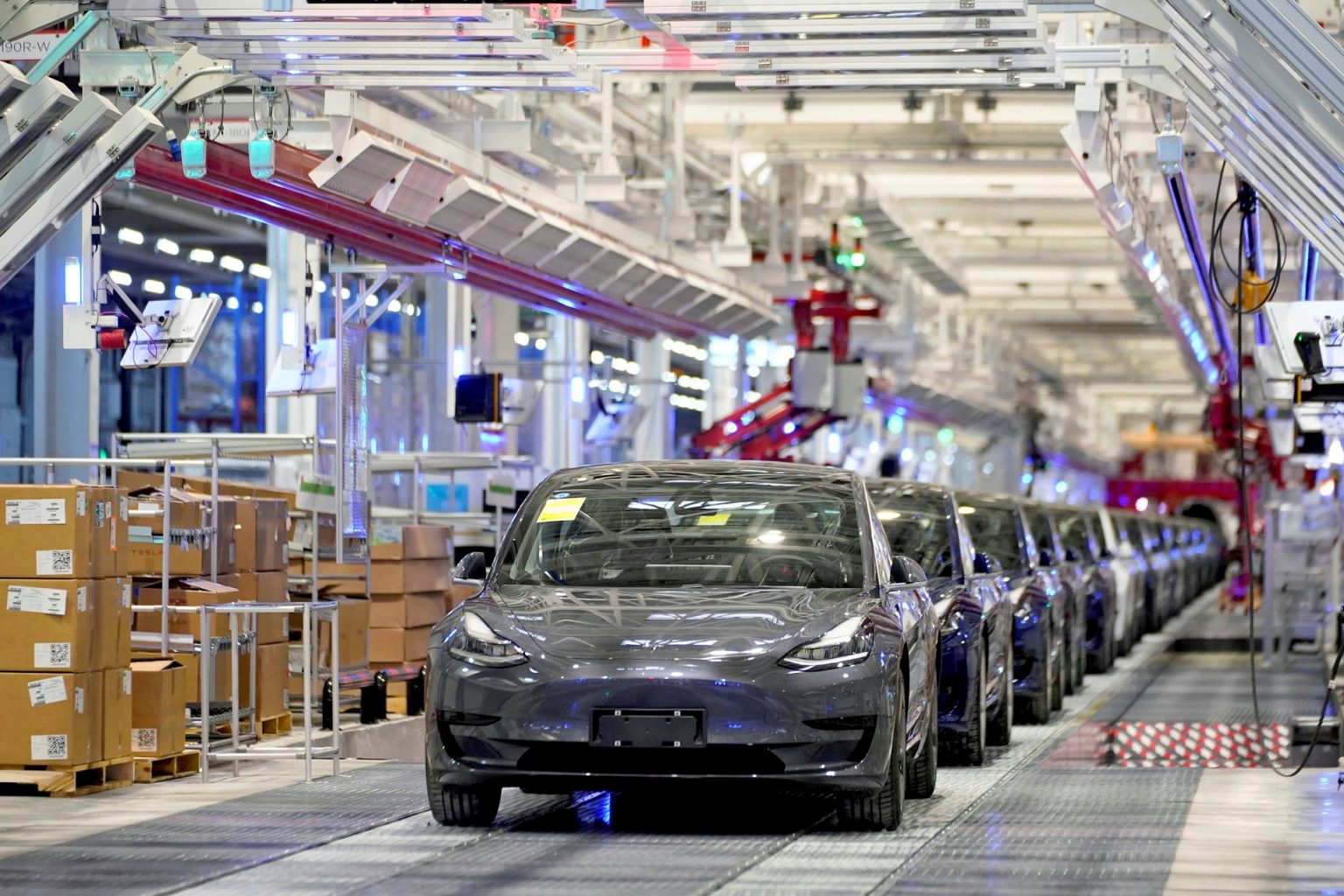
Thailand Aiming for All-Electric Vehicles By 2035
Thailand plans to sell entirely zero-emission vehicles in the country starting in 2035, as it strives to transition from a Southeast Asian center for conventional auto production to one for electric vehicles.
In an interview, Kawin Thangsupanich, secretary to the energy minister and an adviser to the ministry’s national policy council, said, “We can see the world is headed in that way, so we have to respond rapidly.” “We want to capitalize on the post-pandemic expansion, and we want to be the production hub since we already have the supply chains in place.”
Thailand’s auto industry is one of its most important industries. It supports sectors range from iron and steel to petrochemicals and plastic, and accounts for around 10% of the GDP. It employs 850,000 people. Thailand exports around half of its vehicles to nations such as the Philippines, Indonesia, and Malaysia.
Thailand’s ambitious plan also aims for electric vehicles to contribute for 50% of all new auto registrations by the end of the decade, up from 30% previously.
The government’s next step, now that the country has set a deadline for phasing out combustion-engine automobiles, will be to ease the transition by granting tax incentives, laying up the necessary infrastructure, and adopting policies that encourage EV manufacturing, according to Kawin. Consumers must also be enticed to purchase such vehicles, he added.
“Letting EV adoption evolve naturally may take too long,” said Yossapong Laoonual, honorary chairman of Thailand’s Electric Vehicle Association. “Setting a clear aim as a producer makes the country more appealing for investment.”
According to the Electric Vehicle Association of Thailand, battery electric vehicles account for less than 1% of all vehicles in Thailand. Despite the pandemic’s impact on total auto sales, the Thai EV market exhibited “amazing resilience” last year, according to BloombergNEF analyst Allen Tom Abraham. In 2020, EV car sales climbed by 1.4 percent, while normal automobile sales fell by 26%.
Reuters, BANGKOK, Feb 22 – Thailand’s cabinet authorized tax incentives on Tuesday to encourage the use of electric vehicles (EVs) and to attract “high potential” foreigners to help the economy grow, according to the finance minister.
Import tariff on totally manufactured electric vehicles cost up to 2 million baht ($61,805) will be reduced by up to 40% this year and next, and by up to 20% for cars priced between 2 million and 7 million baht.
Finance Minister Arkhom Termpittayapaisith told a news conference that the government will reduce the excise tax on imported EVs from 8% to 2%, which is projected to add 7,000 EVs in the first year.
Beneath announced earlier initiative to attract a million wealthy foreigners, including retirees, income tax rates for qualified foreign professionals in specific industries or economic zones were slashed substantially from 35 percent to 17 percent.
The EV plan for 2022-2025 was authorized last week as part of Thailand’s zero-emission vehicle strategy, which aims to have EVs account for 30% of total car manufacturing by 2030. find out more
Thailand is a prominent regional carmaker, producing over 2 million ordinary automobiles per year for Toyota (7203.T), Honda (7267.T), and Mitsubishi (7211.T).
According to Arkhom, eligible automobile makers would receive subsidies ranging from 70,000 to 150,000 baht for each electric vehicle and 18,000 baht for electric motorcycles.

